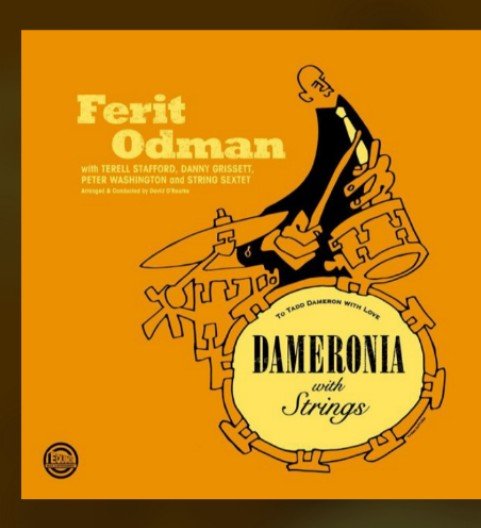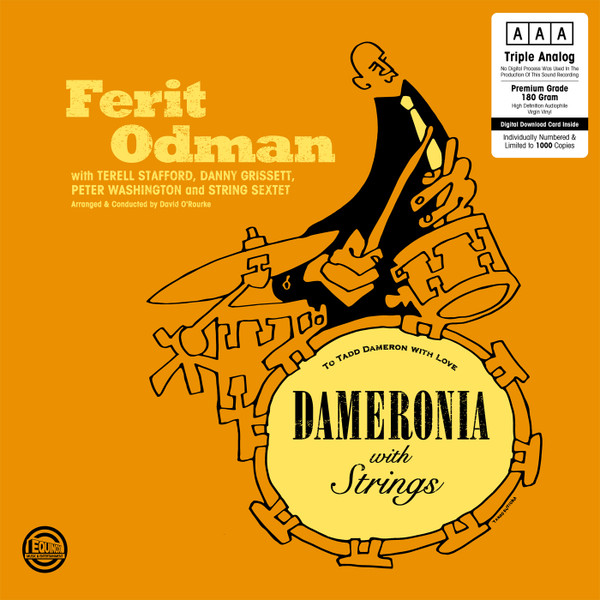This reminds me of how top quality film in static photography did, possibly still does, have more resolution than digital backs. Similar subject IMO.
But yes, I can see how 'kind' distortions, artefacts and even tape hiss can do strange things to our auditory system. I have no idea medically why, I am relaying just what I can hear. Anyone have any other theories on why?
Measurements and tech data tell us something, but hard core listening also has merit IMO in designing any audio product to go 'beyond' tech data alone.
I wonder what the resolution of our ears really is, if we tried to 'digitise it? To get the exact same sound hard wired to the brain. My dogs probably think any hifi we care to play around them sounds aweful Ha Ha.
I've noticed that comparisons of digital/film photography often come up on audio forums. And it's always brought forth as yet another adjunct to the tireless analog is superior, digital is inferior argument.
As my audio experience is purely at the end-point listening level I can only comment from that limited perspective. As far as the Photography argument goes, I can speak from a professional level of actually producing fine art prints. And I've seen thousands of prints from the grotesque to the sublime.
There are definitely valid comparisons between digital/analog Photography and Audio to be made.
The best film photography prints are wonderful particularly when sourced from large format film.
And my experience is that the best digital photography prints are equal to or superior to the best film-based prints, particularly when sourced with advanced medium format digital sensors.
And similar to Audio, the end result (the photographic print) is all about the skill and artistry of the person making the final product, not the raw materials that go into that product.
Poorly produced digital photography/audio results in trash. In photography, the result, the Print, is in the hands of the printmaker just as the final results of audio recording are in the hands of the mastering engineer. (It goes without saying that the steps that come before the printing or mastering are essential as well)
In photography the digital tools at hand are infinitely more diverse and powerful than those of film based photography. And these tools are often abused which result in brutal, un-natural looking prints. But in the hands of the best printmakers the results are refined, subtle and life-like.
It's more about execution than materials.













